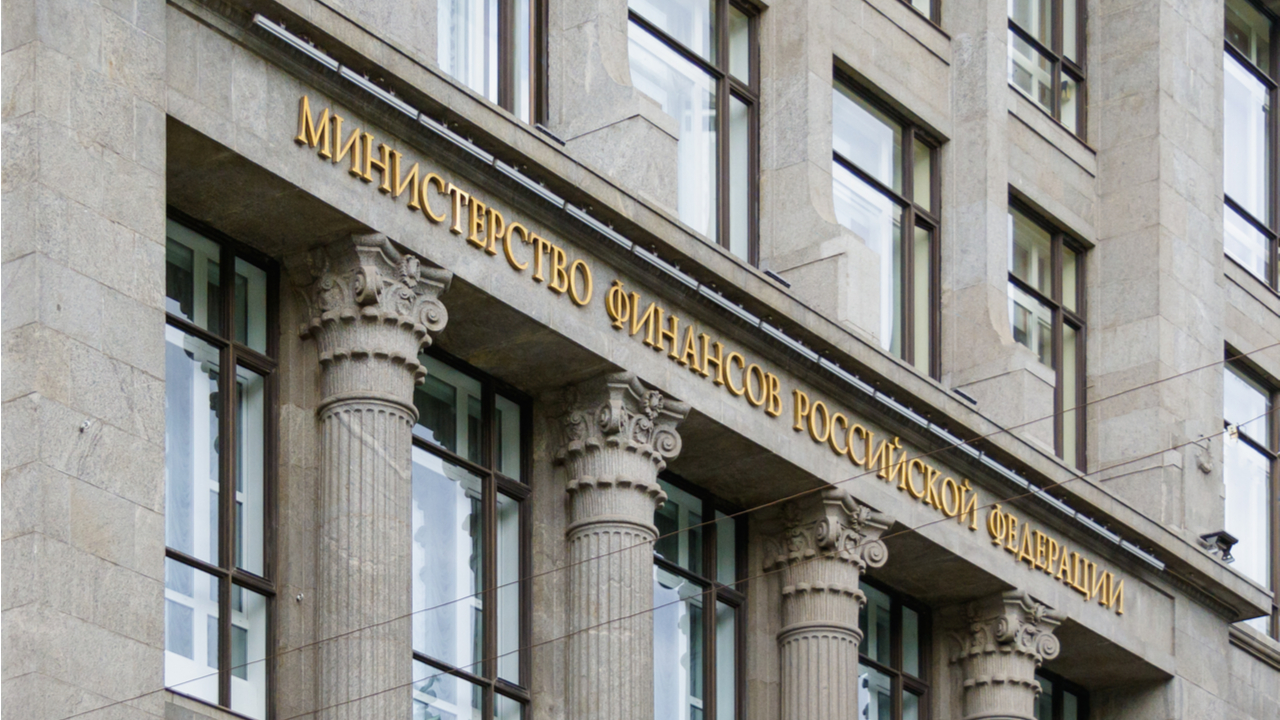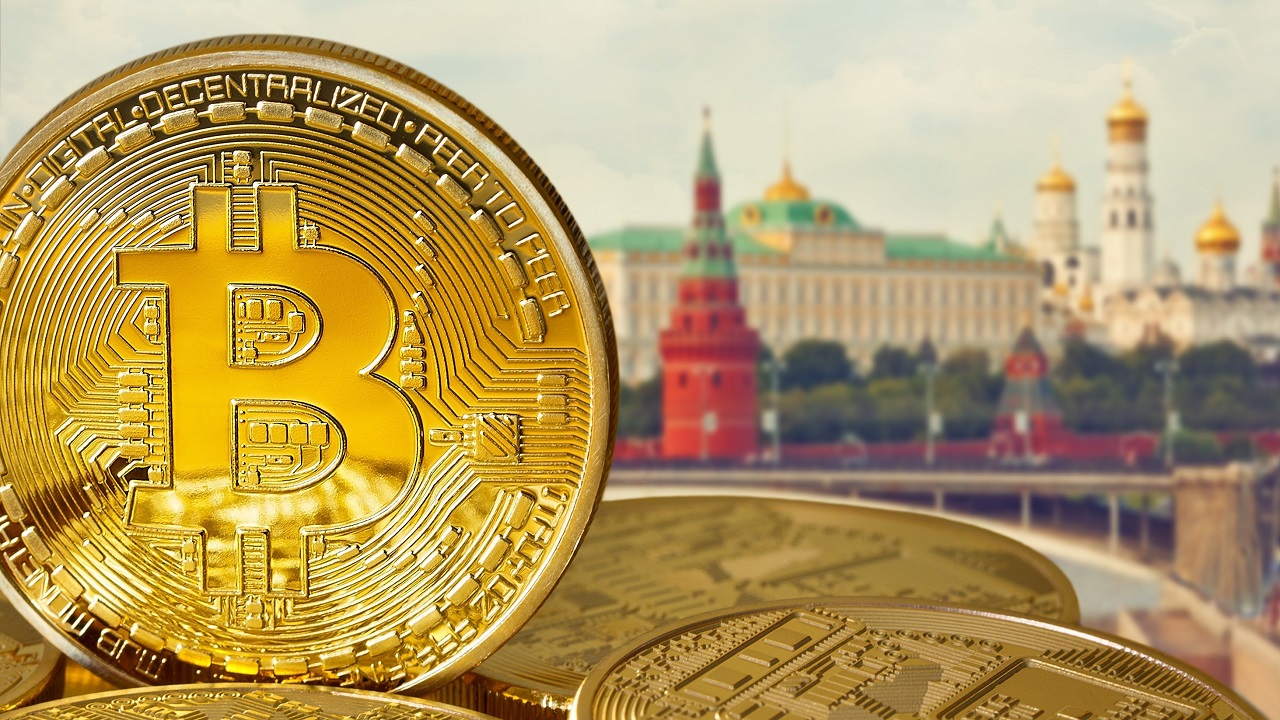
A grassroots Bitcoin Lightning festival in Portland, U.S. demonstrated that the Lightning Network is the perfect companion for payments.
There is “grassroots evidence” that “America is adopting Bitcoin,” according to Clay Graham, founder of Rapaygo and a Bitcoin Lightning Network (LN) enthusiast.
At a Bitcoin Lightning festival held in Portland, United States over the weekend, the Bitcoin LN clocked more than $200 (four million Sats) in just three hours.
Hailed as “Puddle Town on Lightning Rails,” Portland’s Bitcoin Party was a space where “vendors, food carts, artists all accept Bitcoin.” Graham told Cointelegraph that there was also a “food cart pod” that acted as a “business attraction destination to Bitcoin fans who want a Bitcoin beach type experience.”

Fiat money was of course, not allowed, and popular Bitcoiner Dennis Porter MC’d at the festival. In this tweet he showed how easy it is to pay for goods using the LN:
I paid ZERO fees to accept #Bitcoin instantly for my shirts. Can Visa do that? pic.twitter.com/34haSgIB6G
— Dennis Porter (@Dennis_Porter_) March 28, 2022
Graham told Cointelegraph that the event was judged to be a success if “people could spend Bitcoin freely as they would fiat.” In total there were:
"50 people spending over 4M sats in 3 hours, 3 food carts and 7 vendors selling anything they want while even supporting use cases like 'tipping the DJ'."
Graham concluded that the LN made payments at the party a breeze: it was “easier than cash, all cheaper than cards and having tons of fun on a sunny day.”

A near-instant layer-2 payment network built on top of the Bitcoin base chain, the LN is ideal for a party setting. Pubinno, the company behind the Lightning pour a pint tool was built with festivals in mind, while LNBits build open-source payments tools like split payments tools and offline solutions to make payments tech even smoother.

Tiago Vasconcelos, cofounder of Aceita Bitcoin and an LNBits FOSS contributor told Cointelegraph:
“With the LN the only thing you need is an internet connection! No card swipe hardware, no need for cash, no need for changing currency [even] if the venue is international and with lots of foreign people.”
Built on the LN, LNBits’ free open source solutions are closely competing with Visa and Mastercard. Vasconcelos adds that the “network fees are near to zero, or even zero, and ultimately are paid by the customer, not the merchant!” Plus, “using LN reduces the costs, and risks, of using Visa or Mastercard.”
Ultimately, some Bitcoiners are even keen for scammers to learn about the LN, and for Graham:
“The LN is so fast and transactions can clear as fast as faster than cards so both the buyer and seller don't feel that ‘where has my money gone’ feeling when they are just trying to have fun on a sunny day.”

Related: Shitcoins are ‘garbage’: Bitcoin-only brokers on freedom and finance
Plus, it’s a payment network that supports “artists, people who made stuff with their own hands and small businesses.” And there’s more of a local connection to money–and more sovereignty–because for the Portland Bitcoin Party, “the nodes that routed payments for the LN are mostly made liquid in Portland.”
Following Portland's success, Graham added that “Kansas city has already reached out on how to boilerplate this party," using his company's solutions.
“Remember that within a year of Bitcoin beach el Salvador announced legal tender. Now we can have Bitcoin beach in every town.”


















